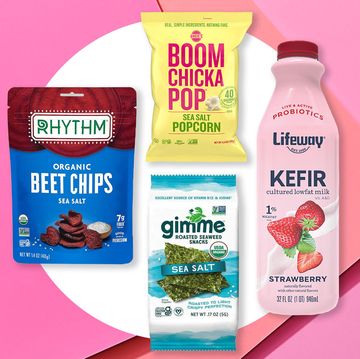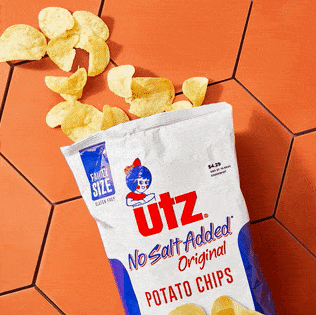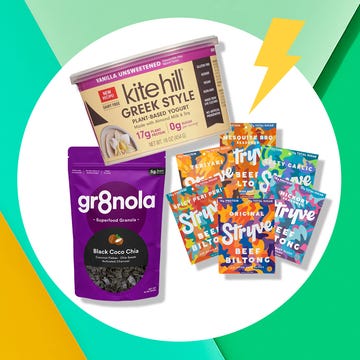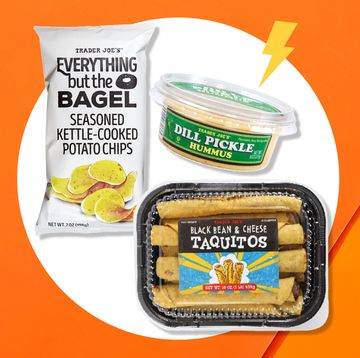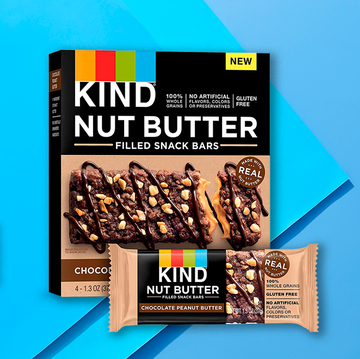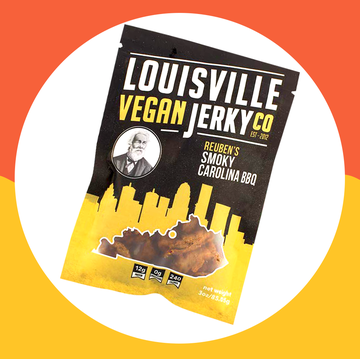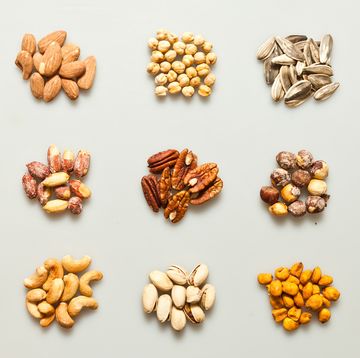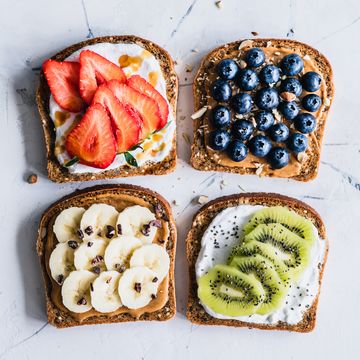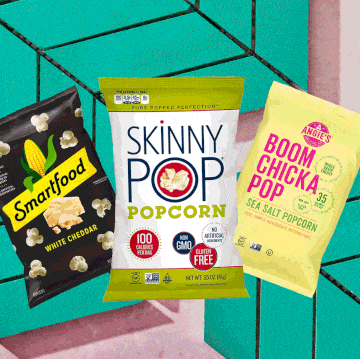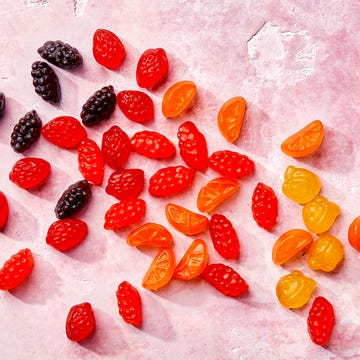The question: "Whenever I don't eat much before my workout, I have no energy. But when I eat too close to my workout, I get a stomachache. What's the perfect medium?"
The expert: Joan Pagano, a certified trainer in New York City and author of Strength Training Exercises for Women
The answer: If you eat too much before your workout—or too soon before it—you won't have digested your snack by the time you start moving. And unfortunately, since both your digestive system and your muscles need blood to function properly, they'll end up competing for it. As you get into your workout, your muscles will win out and require more blood, pulling it away from your digestive tract. Pagano says that's why you feel pain in your gut when you get on the treadmill or elliptical too close to breakfast or snack time.
On the flip side, if you don't eat enough before your workout—or it's been too long since your last meal—you can expect an energy crash. Blood-sugar levels drop during the first 15 or 20 minutes of a workout, which can lead to tiredness, dizziness, or even fainting.
The fix? "There are two ways to go," says Pagano. The first is to eat a small, 100- to 200-calorie snack about half an hour before your workout. "It should be easy-to-digest carbohydrates like fruit, a bagel, or an energy bar," says Pagano. The other option is to eat a nutritionally balanced meal one or two hours before you start exercising. "This should have about 60 percent carbohydrates to keep your blood-sugar and energy levels stable during your workout and 25 to 35 percent protein to help muscles recover after you exercise," she says.
And lastly, don't forget to stay hydrated pre-workout; you should have 16 to 20 ounces of water about one to two hours before you lace up, says Pagano.
More From Women's Health:
The 5 Best Pre-Workout Foods
4 Food Rules for Strength Training
The Best Post-Workout Snacks


